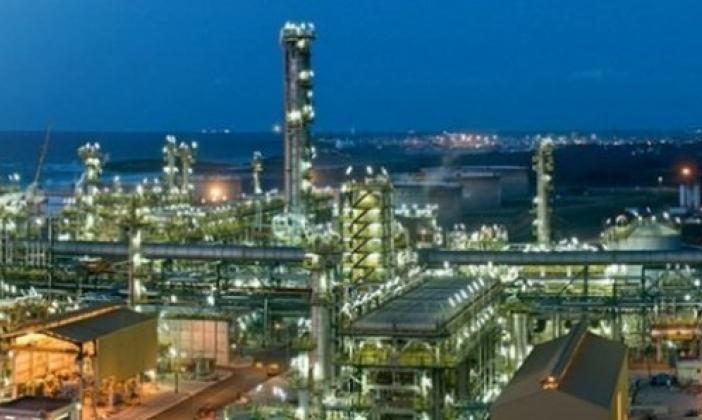The Africa Report
By El Mehdi Berrada, in Casablanca
Even though a court ruling recently granted the Moroccan state permission to use SAMIR’s storage capacity, the national refinery’s liquidation saga has yet to come to a close.
The court ruling dated 14 May, whereby the Moroccan state successfully obtained – two days after submitting a request – permission to lease SAMIR’s storage tanks, startled the country, where the liquidation proceedings of the Mohammedia refinery have all the makings of a soap opera.
It has been over four years since one of the largest court cases in the country’s history kicked off at the Casablanca Commercial Court. On 21 March 2016, the judge ordered the liquidation of SAMIR, the Kingdom’s sole refinery. Saudi billionaire Sheikh Mohammed Hussein Al Amoudi owns a 67% interest in the refinery via his company, Corral Morocco Holding.
The company, which employed 867 people at the time, had amassed a debt of more than 45 billion Moroccan dirhams (€4.16bn), much of which it owed customs, ultimately leading it to cease operations in August 2015.
A liquidation extending to executives’ private assets
Since then, the liquidation proceedings have stretched on endlessly, despite two successive official receivers – Mohamed El Krimi was replaced, in May 2018, by Abdelkbir Safadi, following disputes that arose between the parties involved in the case.
READ MORE: The G20’s action on debt is an important first step; now for the hard part
But twists and turns have occurred one after another. For instance, in 2017, the former official receiver in charge of the liquidation, Mohamed El Krimi, requested that the liquidation be extended to the private assets of SAMIR’s executives, claiming that the latter’s mismanagement led to the current situation.
In November 2018, the commercial court ruled in favour of this extension to the personal assets of six of its executives (all foreigners): Ethiopian Mohammed Hussein Al Amoudi (CEO and majority shareholder), Saudi Jamal Mohamed Baamer (Director General), British Bassam Felix Aburdene (Director), British Jason T. Milazzo (Director), Swedish Lars Nelson (Director) and American George Salem (Director).







